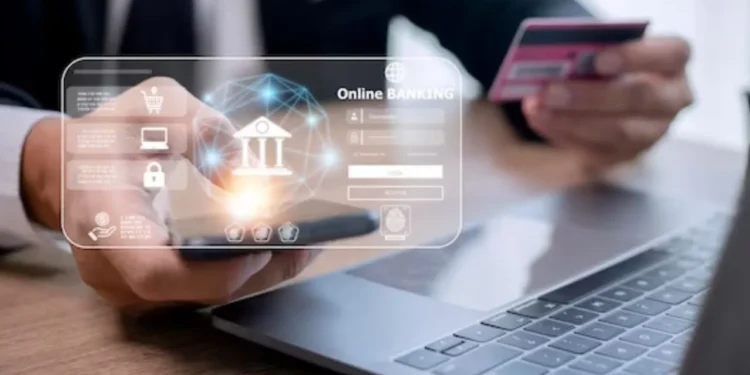As online banking becomes an essential part of modern life, ensuring its security is more important than ever. Cybercriminals are constantly evolving their tactics to exploit vulnerabilities, making it vital for users to stay vigilant. By adopting robust security practices, you can protect your finances, personal data, and peace of mind while enjoying the convenience of digital banking.
This guide covers 70+ essential tips for online banking security, organized into categories to address different aspects of protection. These tips will help you safeguard your accounts, devices, and network from potential threats.

Creating Strong Online Banking Credentials
The foundation of online banking security begins with creating robust and unique login credentials. Weak passwords and predictable login details are the most common entry points for cybercriminals. To protect your accounts, it’s essential to use a combination of strong passwords, multi-factor authentication, and other advanced features. Remember, your credentials are the first line of defence, so treat them with the utmost care.
- Use Complex Passwords
Create passwords with at least 12 characters, including letters, numbers, and symbols, avoiding common words or patterns. - Avoid Reusing Passwords
Ensure your online banking password is unique and not used for any other accounts. - Change Passwords Regularly
Update your passwords every few months to reduce the risk of unauthorized access. - Enable Two-Factor Authentication (2FA)
Add an extra layer of security by requiring a code sent to your phone or email in addition to your password. - Use a Password Manager
Securely store and generate strong passwords using a reputable password manager.
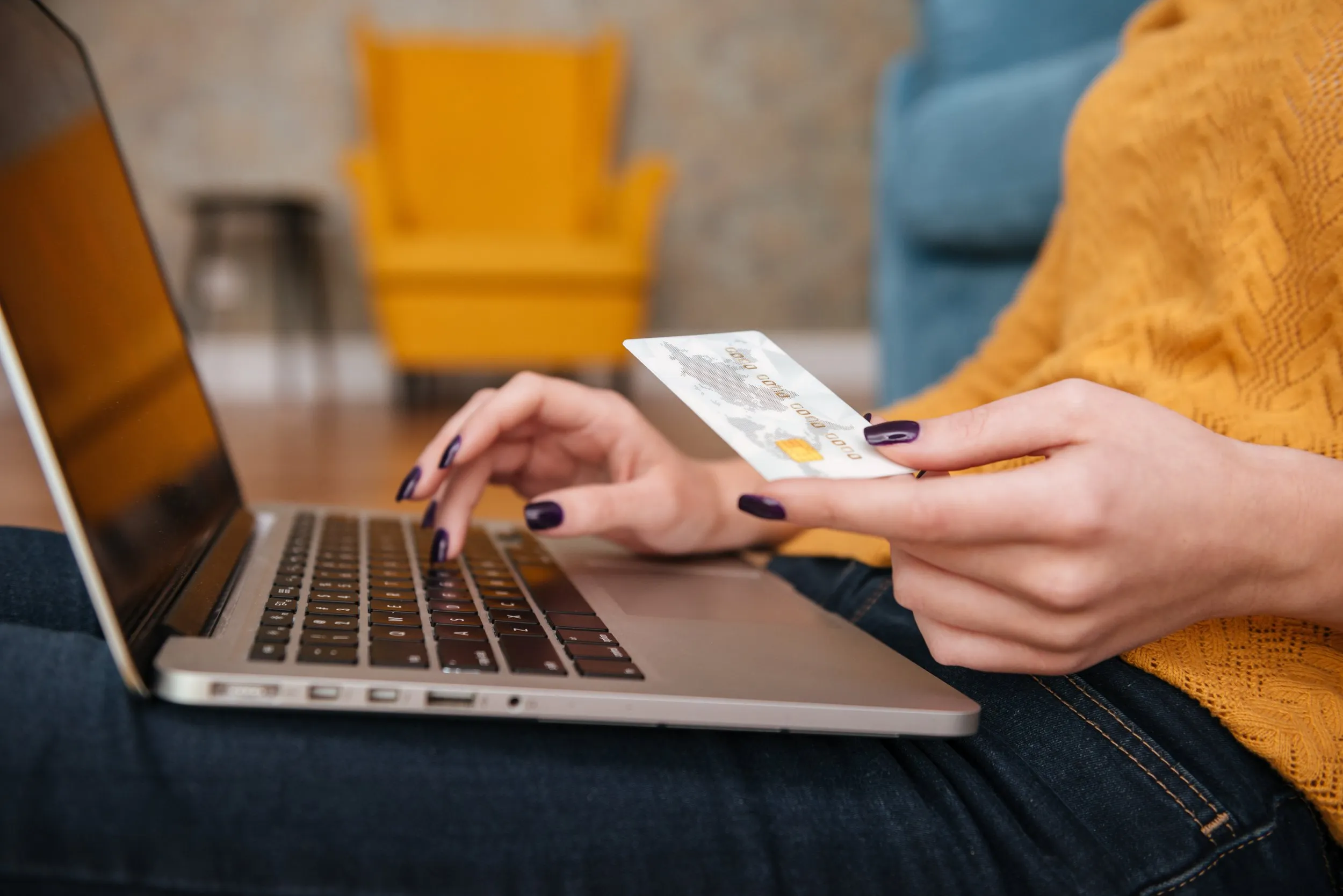
Securing Your Devices for Banking
Your devices—whether a computer, smartphone, or tablet—serve as the gateway to your online banking. Keeping them secure is critical for preventing unauthorized access to your accounts. Cybercriminals often exploit outdated software, malware, or unsecured devices to infiltrate banking apps and websites. By taking steps to protect your devices, you minimize the risk of cyberattacks.
- Keep Software Updated
Regularly update your device’s operating system and apps to patch security vulnerabilities. - Install Reputable Antivirus Software
Protect your devices from malware and viruses with reliable antivirus software. - Enable Firewall Protection
Ensure your device’s firewall is activated to block unauthorized access. - Avoid Jailbreaking or Rooting Devices
Using a jailbroken or rooted device can bypass built-in security features, increasing risk. - Use a Secure Banking App
Download your bank’s official app from a trusted source like the App Store or Google Play.

Safeguarding Your Internet Connection
The security of your internet connection plays a significant role in online banking safety. Unsecured networks can expose your data to eavesdropping, allowing cybercriminals to intercept sensitive information. Whether you’re accessing banking services at home or on the go, maintaining a secure connection is vital. Implement these measures to protect your online activities.
- Use a Secure Wi-Fi Network
Connect to trusted, password-protected Wi-Fi networks when accessing online banking. - Avoid Public Wi-Fi for Banking
Never perform banking transactions over public or unsecured Wi-Fi networks. - Use a VPN for Added Security
A virtual private network (VPN) encrypts your internet traffic, protecting sensitive data. - Disable Wi-Fi Auto-Connect
Prevent your device from automatically connecting to unknown networks. - Monitor Router Settings
Secure your home router with a strong password and WPA3 encryption if supported.
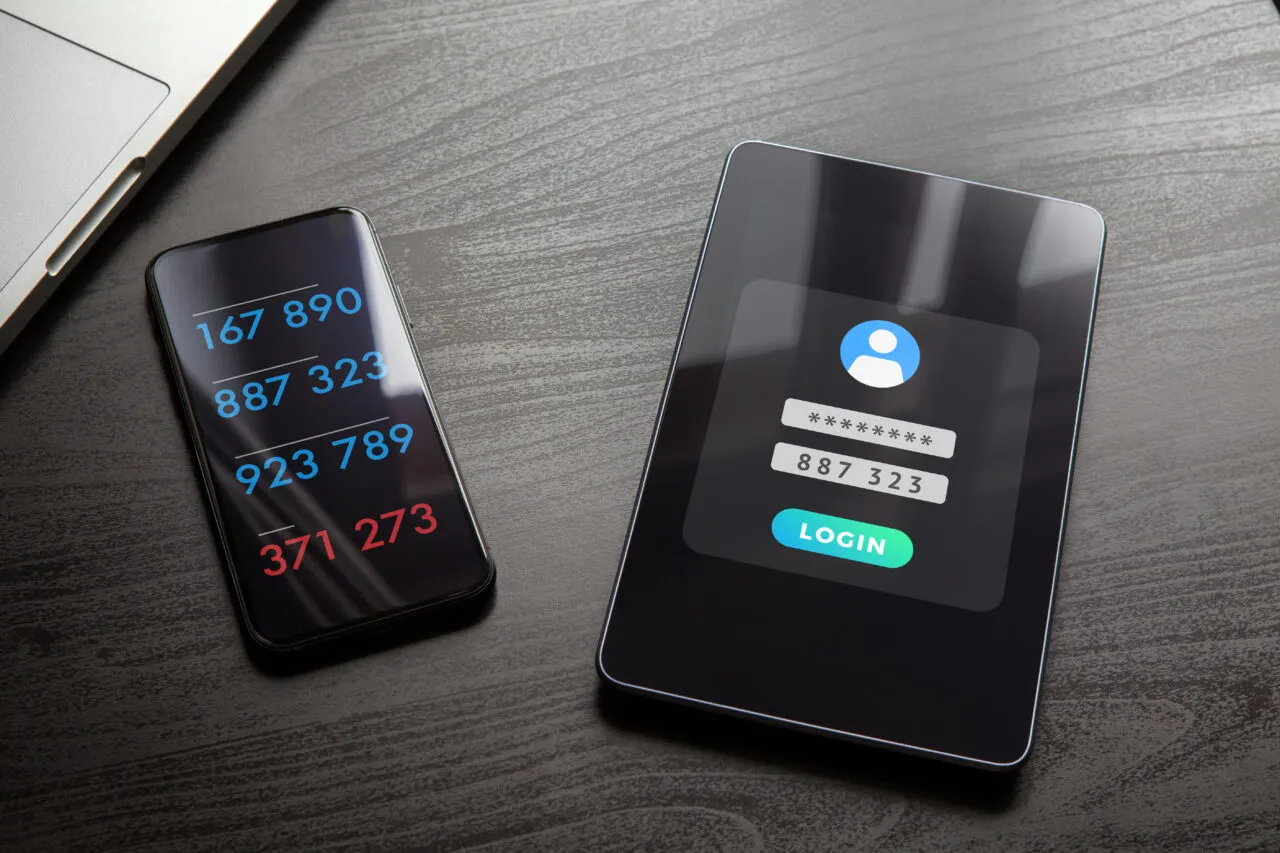
Recognizing and Avoiding Phishing Scams
Phishing scams are one of the most common methods cybercriminals use to steal banking credentials. These attacks often involve deceptive emails, texts, or websites designed to trick you into revealing sensitive information. Recognizing the signs of phishing and avoiding suspicious links are critical to keeping your accounts safe.
- Be Wary of Suspicious Emails
Avoid clicking on links or downloading attachments in unexpected or unsolicited emails. - Verify Sender Authenticity
Check email sender addresses for small changes or inconsistencies that indicate fraud. - Avoid Clicking on Shortened Links
Hover over links to see the full URL before clicking, ensuring it leads to a legitimate site. - Look for HTTPS in URLs
Always ensure the website address begins with HTTPS when entering sensitive information. - Report Phishing Attempts
Notify your bank and relevant authorities if you receive a suspected phishing message.

Strengthening Security Settings for Banking
Optimizing your bank account’s security settings can add another layer of protection against unauthorized access. Banks offer a variety of features designed to enhance security, and leveraging these can make your accounts significantly safer. Regularly reviewing and updating your security preferences is a proactive way to stay protected.
- Enable Account Alerts
Set up alerts for transactions, login attempts, or changes to your account. - Use Biometrics for Authentication
Activate fingerprint or facial recognition for logging into your banking app. - Set Daily Transaction Limits
Restrict the maximum amount of money that can be withdrawn or transferred daily. - Disable Unused Features
Turn off international transactions or debit card usage if not needed. - Log Out After Each Session
Always log out from your online banking session, especially on shared devices.
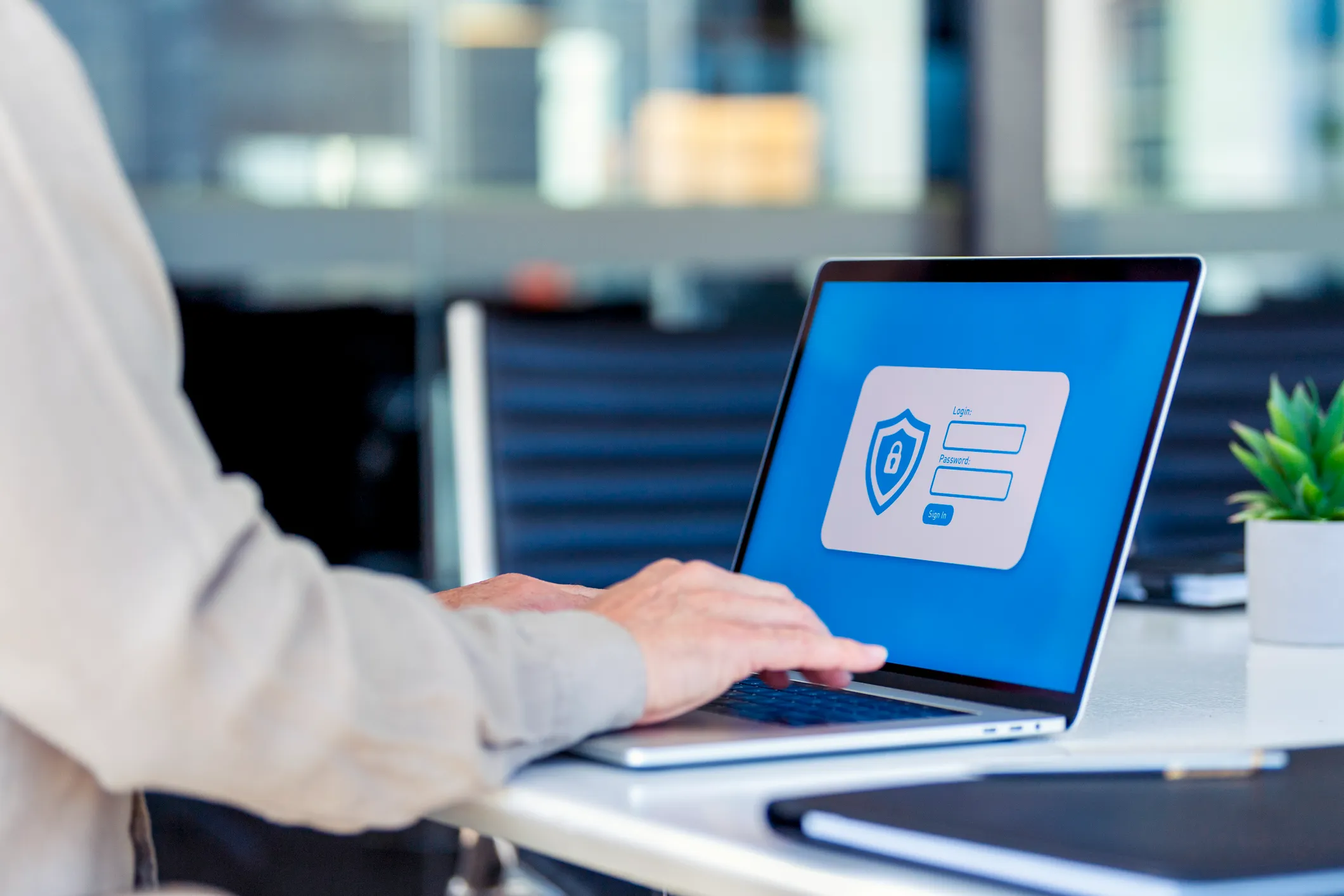
Protecting Against Malware and Cyber Threats
Malware and other cyber threats are persistent dangers for online banking users. These malicious programs can steal sensitive data, monitor your activity, or disrupt your device’s functionality. Taking steps to protect yourself from malware ensures that your online banking experience remains safe and secure. Being proactive in preventing infections is essential to maintaining peace of mind.
- Avoid Downloading Unverified Files
Only download files or software from trusted and reputable sources. - Be Cautious of Free Software
Free software can sometimes come bundled with malware—research before downloading. - Run Regular Malware Scans
Schedule routine scans with your antivirus software to detect and remove threats. - Enable Browser Security Features
Use browsers with built-in security tools that block malicious websites and phishing attempts. - Update Browser Extensions
Ensure browser extensions are from reliable developers and regularly updated for security.
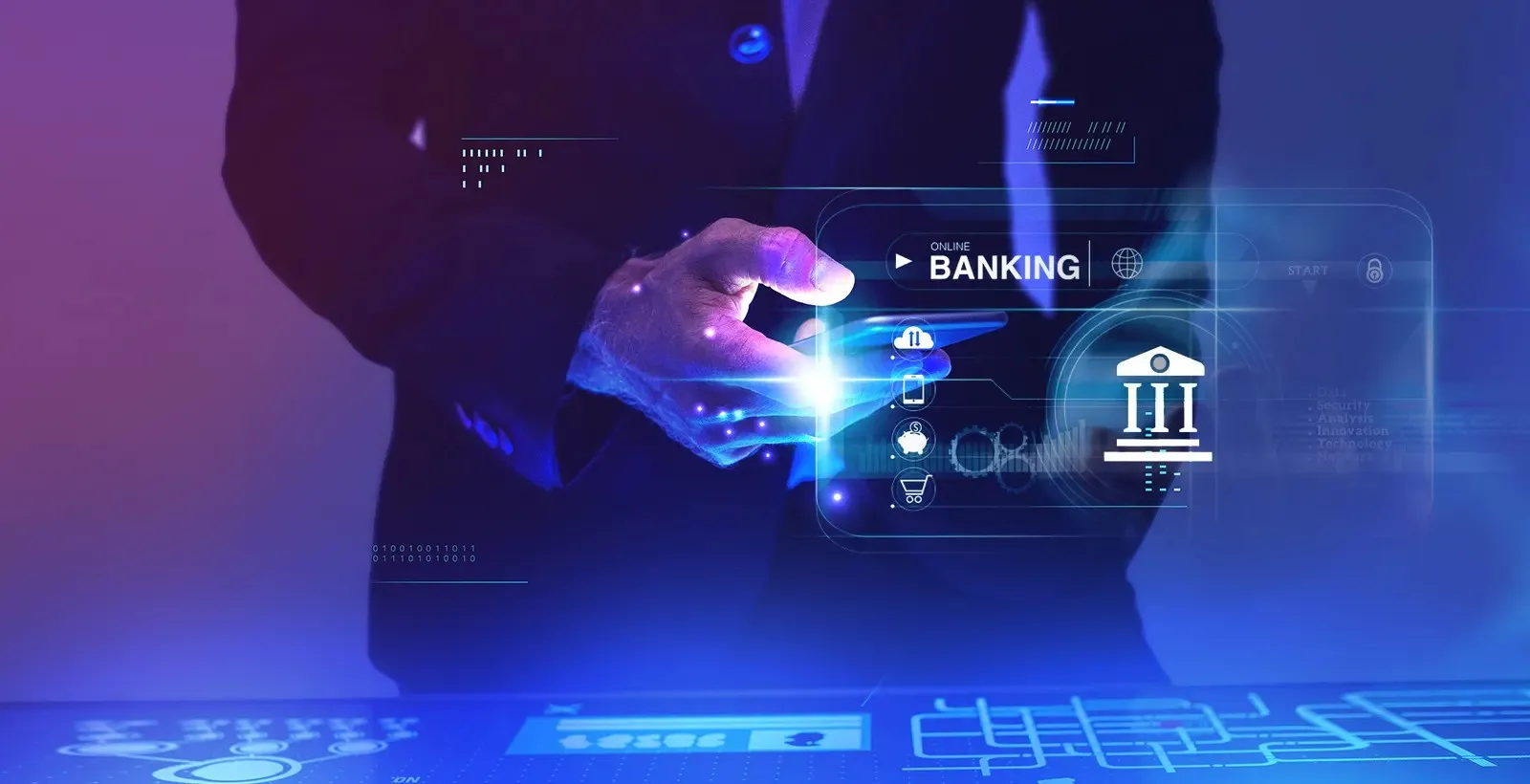
Managing Account Activity and Monitoring
Frequent monitoring of your bank accounts can help you quickly detect unauthorized activity. Keeping a close eye on your transactions and account settings allows you to act promptly if something seems amiss. Setting up alerts and reviewing your account regularly are crucial steps in staying ahead of potential threats.
- Check Statements Regularly
Review your bank statements frequently to identify unusual transactions. - Set Up Real-Time Notifications
Enable text or email alerts for account activity, such as withdrawals or transfers. - Review Account Permissions
Ensure third-party apps or services linked to your account are trustworthy and necessary. - Audit Account Access History
Check your account’s login history for unfamiliar devices or locations. - Limit Access to Trusted Devices
Avoid logging into your banking account from shared or public devices.
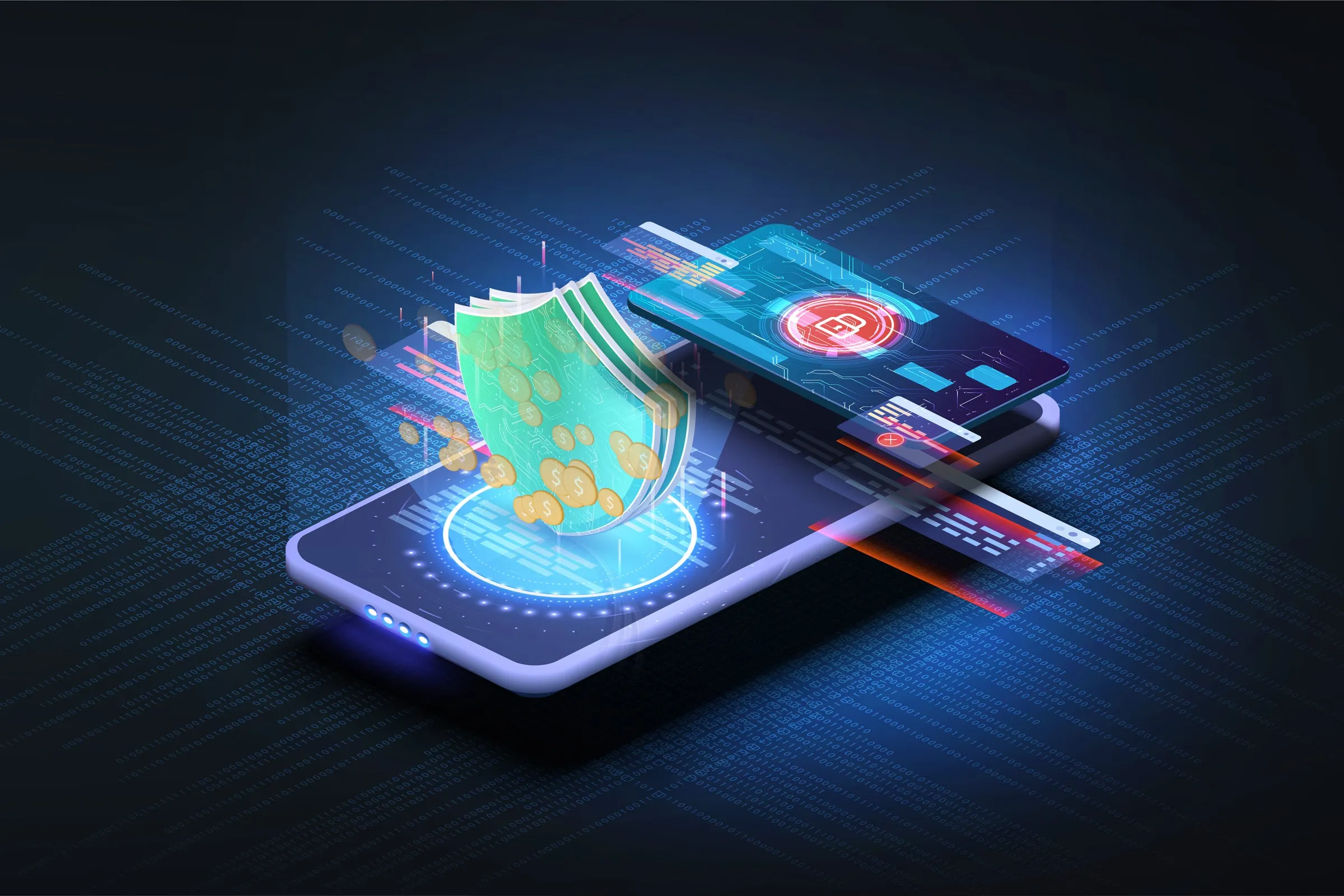
Emergency Steps During a Breach
If you suspect that your online banking credentials have been compromised, acting quickly can minimize the damage. Knowing the steps to take in case of a breach is crucial for mitigating risks and protecting your finances. From freezing your account to contacting authorities, these actions can help you recover control of your banking information.
- Contact Your Bank Immediately
Report the breach to your bank and request a freeze on your account. - Change Your Password Immediately
Reset your banking password to prevent further unauthorized access. - Enable Two-Factor Authentication
If not already activated, set up 2FA to secure your account. - Notify Credit Bureaus
Inform credit bureaus of potential fraud to monitor or freeze your credit report. - Scan Devices for Malware
Run a thorough malware scan to remove any infections compromising your security.

Best Practices for Safe Online Banking
Adopting general best practices for online banking can provide consistent protection against various threats. These habits ensure that you remain vigilant and proactive in safeguarding your accounts. By incorporating these tips into your routine, you can enhance your overall online banking experience.
- Log Out After Each Session
Always log out of your account after completing transactions, even on private devices. - Avoid Banking on Shared Devices
Refrain from accessing online banking on public or shared computers. - Secure Personal Devices with Passwords
Lock your devices with strong passwords or biometric authentication. - Be Wary of Over-The-Phone Assistance
Verify the identity of anyone claiming to represent your bank before sharing information. - Store Banking Details Securely
Avoid writing down or storing banking credentials in unsecured locations.
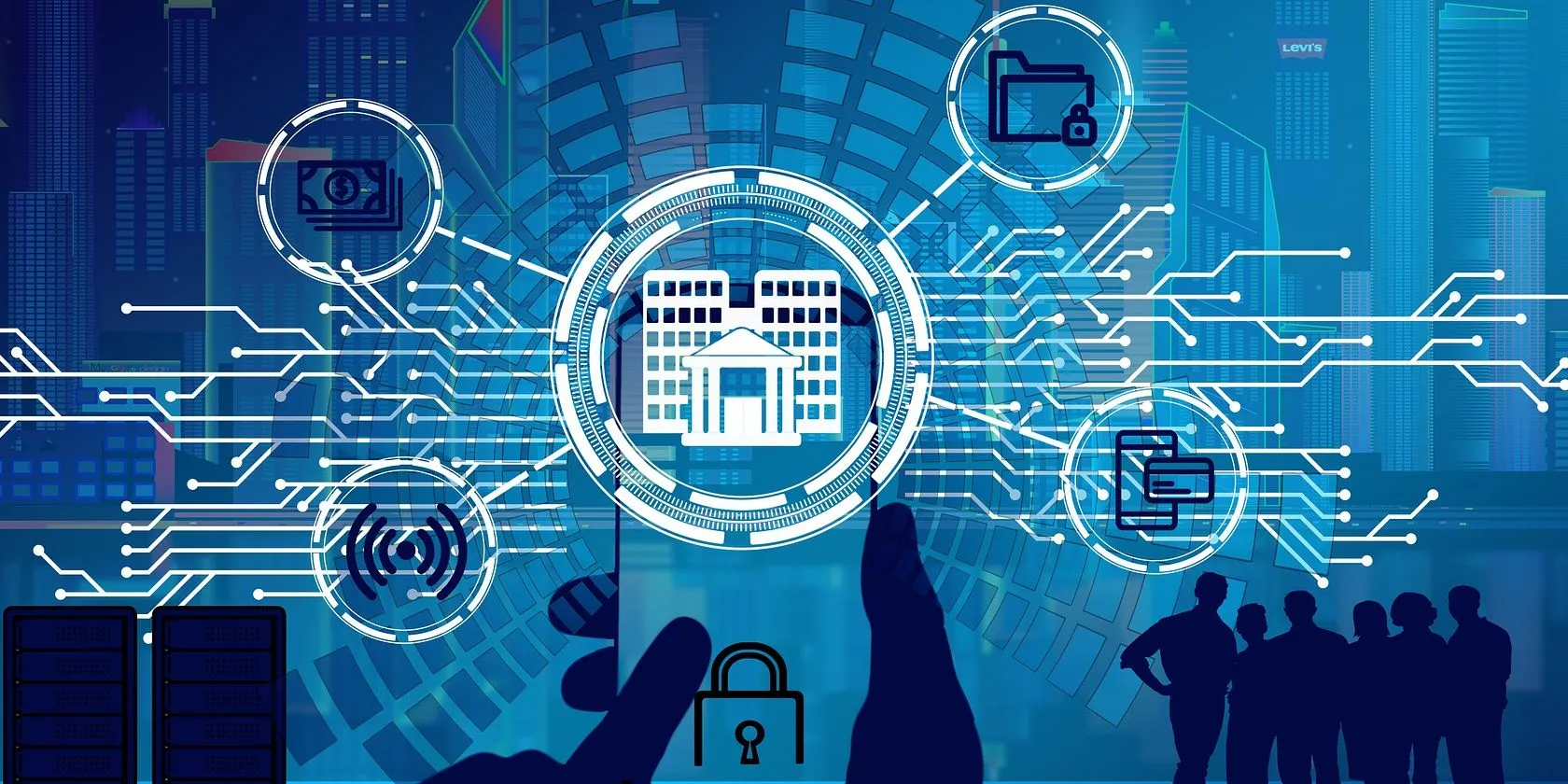
Safeguarding Mobile Banking Applications
Mobile banking apps are convenient but require specific security measures to prevent unauthorized access. As smartphones become increasingly targeted by hackers, securing your banking apps is crucial. Following these tips ensures that your mobile banking experience is both safe and efficient.
- Download Apps from Trusted Sources
Only install banking apps from the App Store or Google Play Store. - Keep Apps Updated
Regularly update banking apps to fix vulnerabilities and enhance security features. - Avoid Using Public Chargers
Public USB charging stations can expose your device to “juice jacking” malware. - Use Biometric Authentication
Enable fingerprint or facial recognition for logging into your banking app. - Disable App Notifications on the Lock Screen
Prevent sensitive banking details from appearing in notifications on your lock screen.
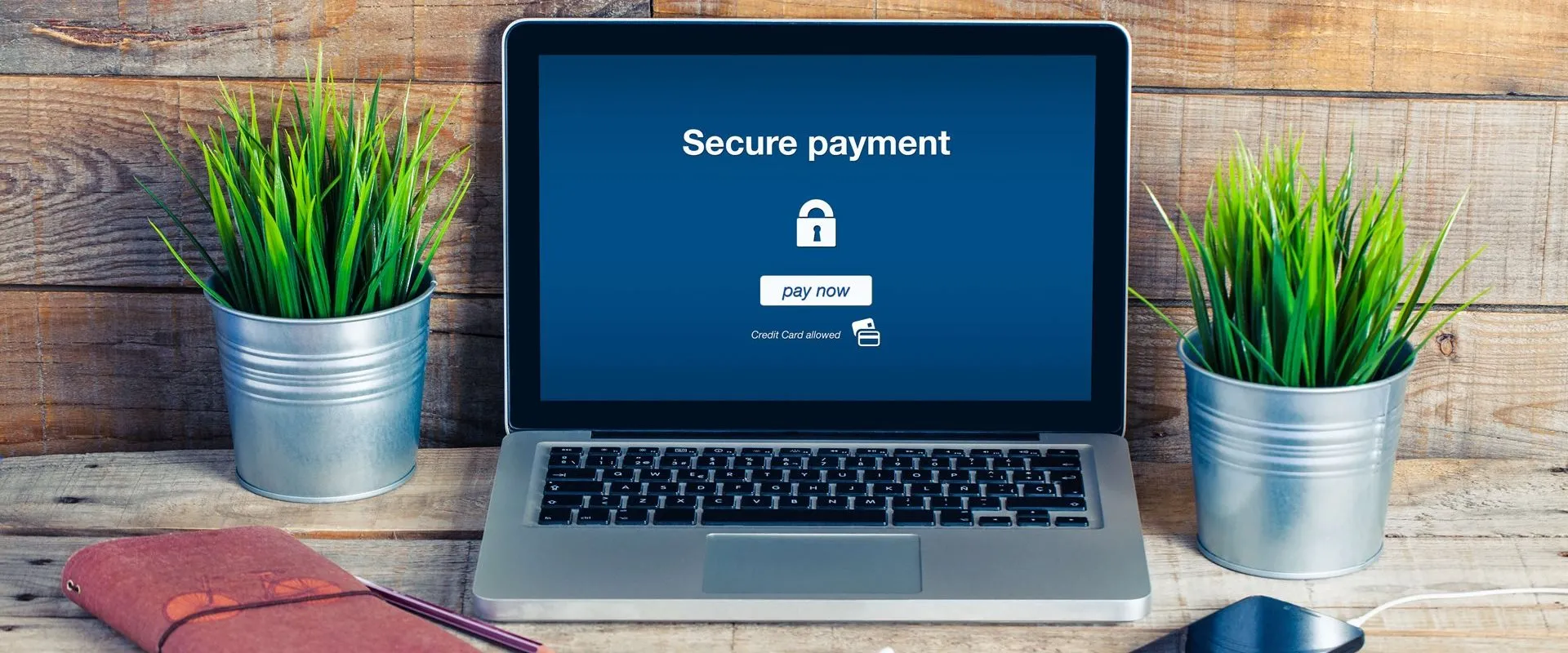
Preventing Identity Theft
Identity theft is a major concern when it comes to online banking. Cybercriminals can use stolen personal information to access your accounts, make unauthorized transactions, or even open new accounts in your name. Preventing identity theft requires vigilance and proactive measures to protect your sensitive data. By following these tips, you can significantly reduce the risk of falling victim to identity theft.
- Shred Sensitive Documents
Dispose of bank statements, credit card offers, and other sensitive papers securely to prevent theft. - Avoid Sharing Personal Information
Be cautious about sharing your Social Security number, date of birth, or other details unless absolutely necessary. - Regularly Check Your Credit Report
Monitor your credit report for unauthorized accounts or activity that may indicate identity theft. - Secure Your Social Media Accounts
Limit the amount of personal information you share on social platforms, which hackers can use to guess security questions. - Enable Account Verification Questions
Use additional verification steps like security questions for extra protection during account access. - Avoid Emailing Personal Information
Never send sensitive details like passwords or account numbers via email, which can be intercepted. - Beware of Impersonation Scams
Verify the identity of anyone requesting personal information, even if they claim to represent your bank. - Keep Personal Documents Secure
Store passports, financial records, and other important documents in a safe or secure location. - Sign Up for Identity Theft Monitoring
Consider services that monitor your personal information and alert you to potential misuse. - Review Privacy Settings on Devices
Adjust your smartphone and computer privacy settings to limit access to sensitive data.
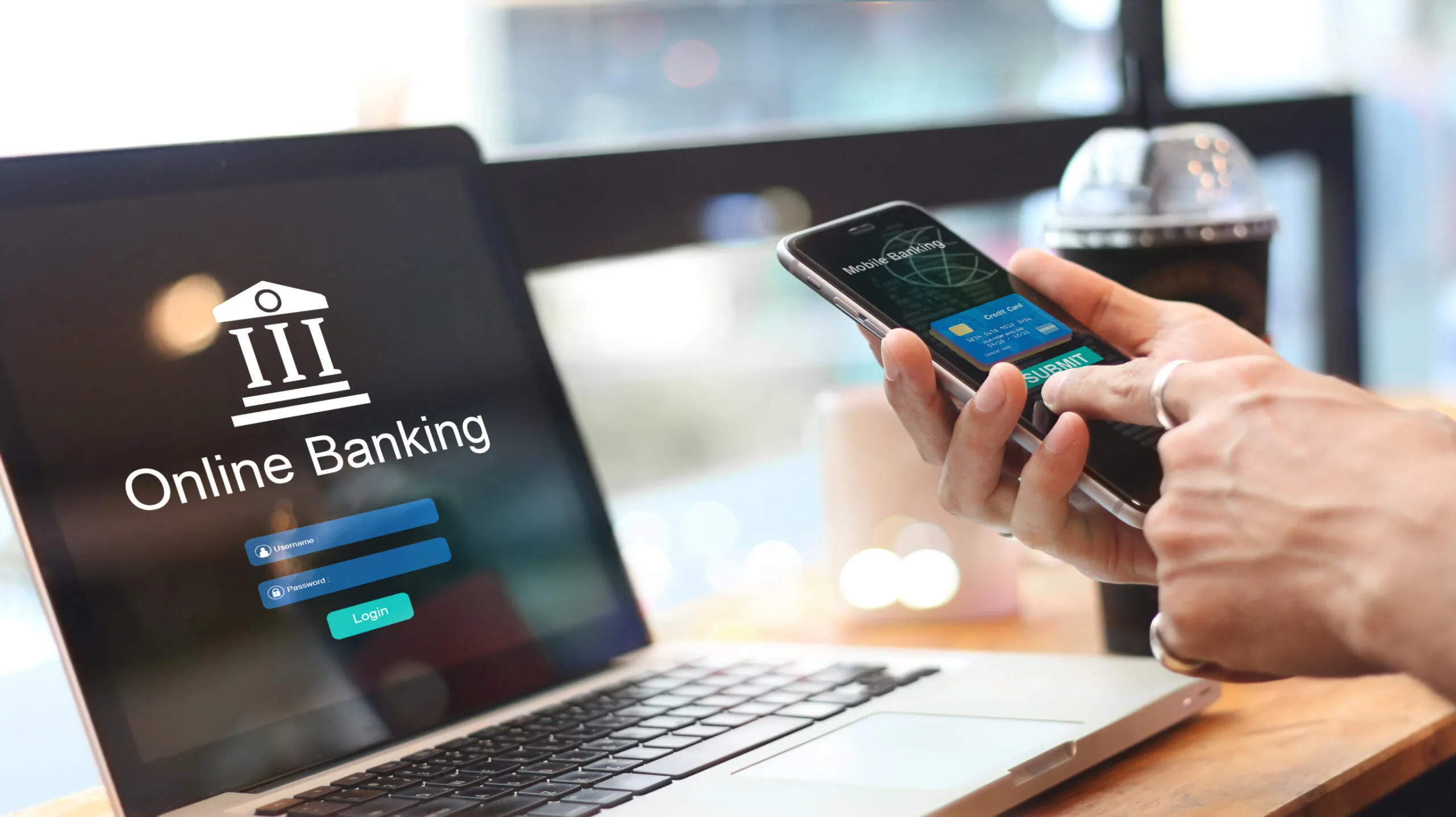
Optimizing Security for International Banking
Online banking while traveling or handling international transactions presents unique security challenges. Ensuring your accounts are secure while abroad involves additional precautions to protect against threats like data theft, card cloning, and fraudulent charges. With these measures in place, you can bank confidently, no matter where you are in the world.
- Notify Your Bank Before Traveling
Inform your bank of your travel plans to avoid flagged transactions or account freezes. - Use International-Friendly Security Features
Opt for multi-currency cards with chip-and-pin technology for enhanced security during international transactions. - Access Accounts on Secure Networks
Avoid logging into your banking accounts using public or hotel Wi-Fi while traveling. - Enable International Transaction Alerts
Set up notifications to track overseas activity on your accounts. - Use a Travel-Specific Credit Card
Consider using a card specifically designed for travel, offering fraud protection and lower fees. - Avoid Using ATMs in Remote Locations
Stick to ATMs within banks or well-lit, populated areas to minimize skimming risks. - Monitor Transactions Frequently
Check your account balance and transaction history regularly while traveling to spot suspicious activity. - Keep Backup Payment Methods
Carry multiple cards or payment methods in case one is lost or compromised. - Be Cautious with Currency Exchange Apps
Only use trusted and secure apps for currency conversion and international payments. - Report Lost Cards Immediately
Notify your bank promptly if a card is lost or stolen while travelling to prevent unauthorized charges.
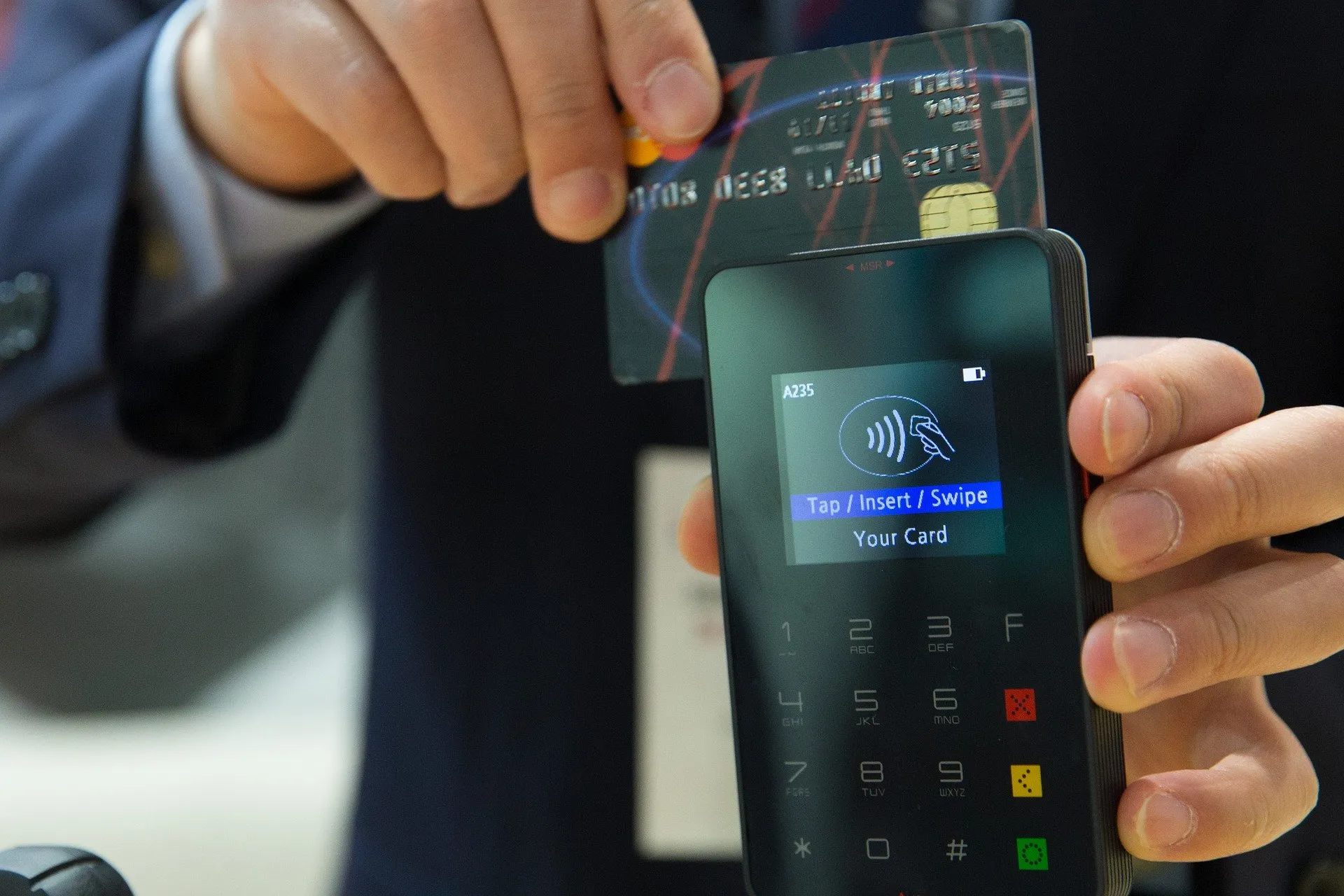
Educating Family Members on Safe Practices
Ensuring online banking security is a shared responsibility, especially in households with multiple users. Teaching family members, including children and seniors, about safe practices is essential to minimizing risks. A well-informed family can collectively safeguard your finances and prevent common online threats. These tips can help instill good habits in all members of your household.
- Discuss Common Online Threats
Educate family members about phishing, malware, and other risks associated with online banking. - Teach Password Security
Encourage everyone to use strong, unique passwords and avoid sharing them. - Set Parental Controls on Devices
Limit access to certain websites or apps that may expose children to online threats. - Encourage Responsible Device Usage
Explain the importance of not leaving devices unattended while logged into banking accounts. - Share Importance of Two-Factor Authentication
Make 2FA a standard practice for all family members to secure their accounts. - Warn Against Oversharing Online
Teach children and teens not to share personal or financial information on social media. - Establish Rules for Public Wi-Fi
Advise against using public Wi-Fi for sensitive tasks like banking or shopping. - Encourage Regular Device Updates
Remind family members to keep their devices and apps updated to patch vulnerabilities. - Practice Safe Click Habits
Teach everyone to avoid clicking on unknown links or downloading unsolicited attachments. - Reinforce Regular Account Monitoring
Make it a habit for each family member to review their account activity periodically.
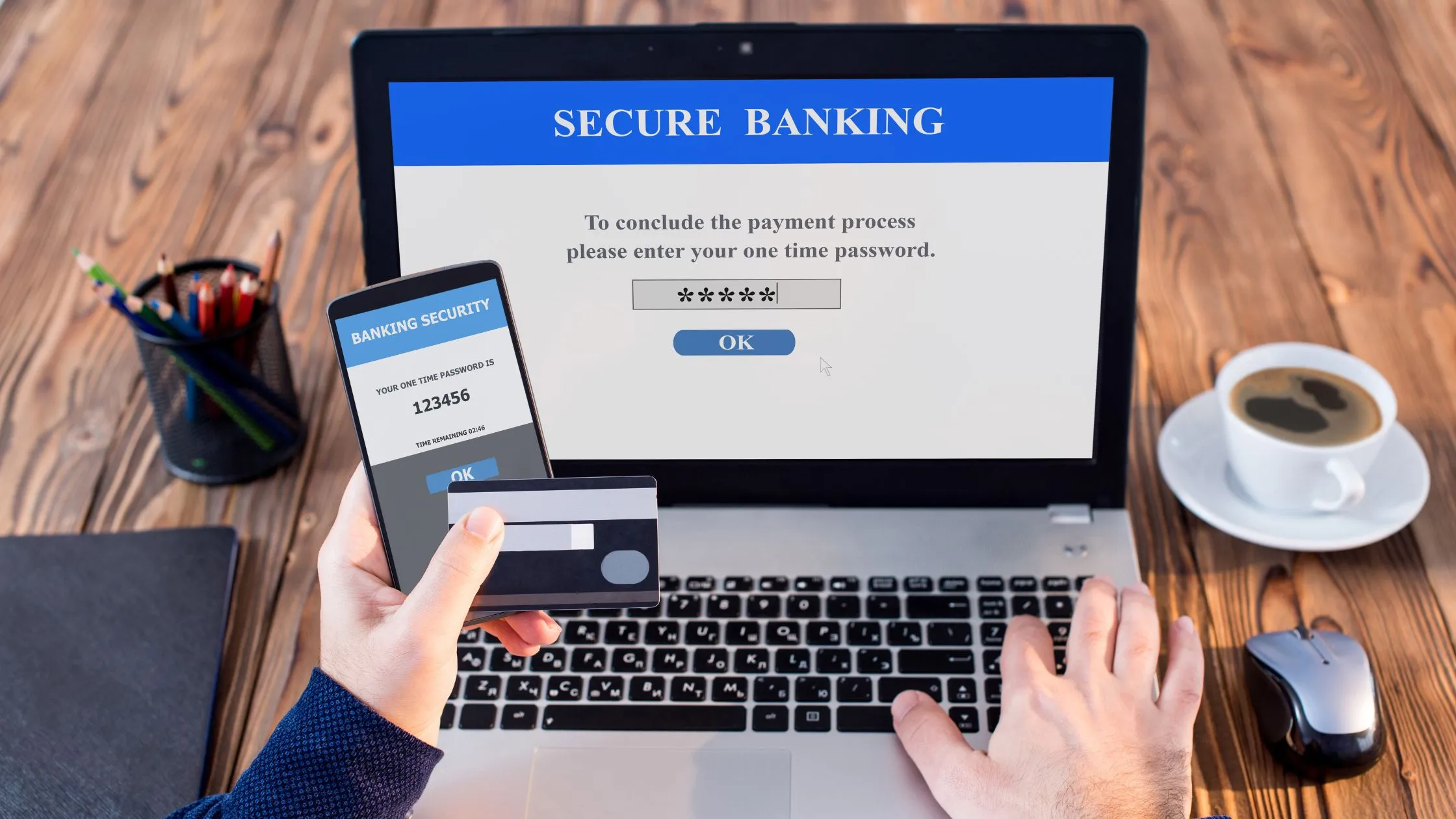
Online banking offers unparalleled convenience, but it also requires vigilance to ensure your financial safety. By following these 70+ essential tips for online banking security, you can effectively protect your accounts, devices, and personal information from cyber threats. From creating strong credentials and securing devices to educating family members and staying alert to phishing scams, every step you take strengthens your defence against potential risks.
Maintaining a secure online banking environment is not a one-time task—it’s an ongoing commitment. Regularly updating your practices, monitoring your accounts, and staying informed about emerging threats is crucial for staying ahead of cybercriminals. By incorporating these strategies into your daily habits, you can enjoy the benefits of digital banking with confidence and peace of mind.

